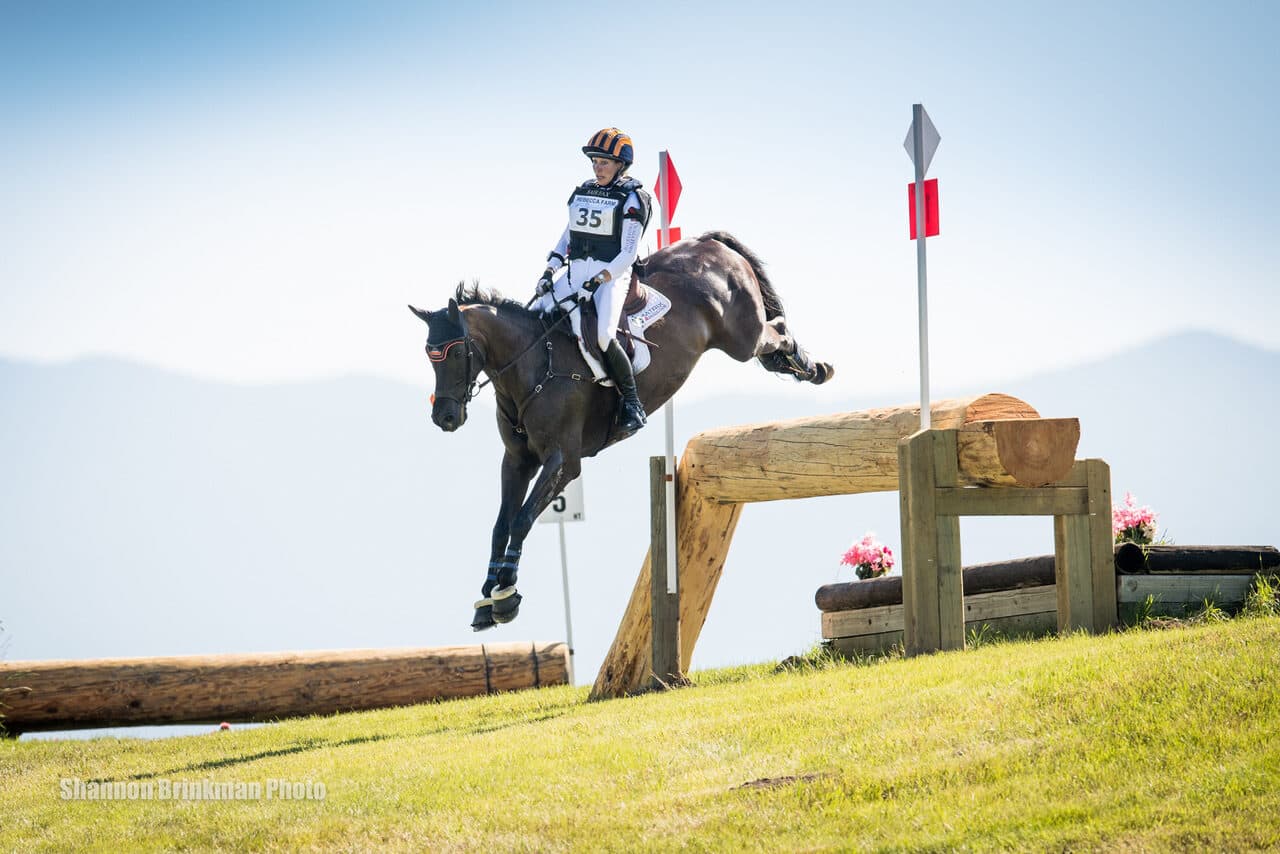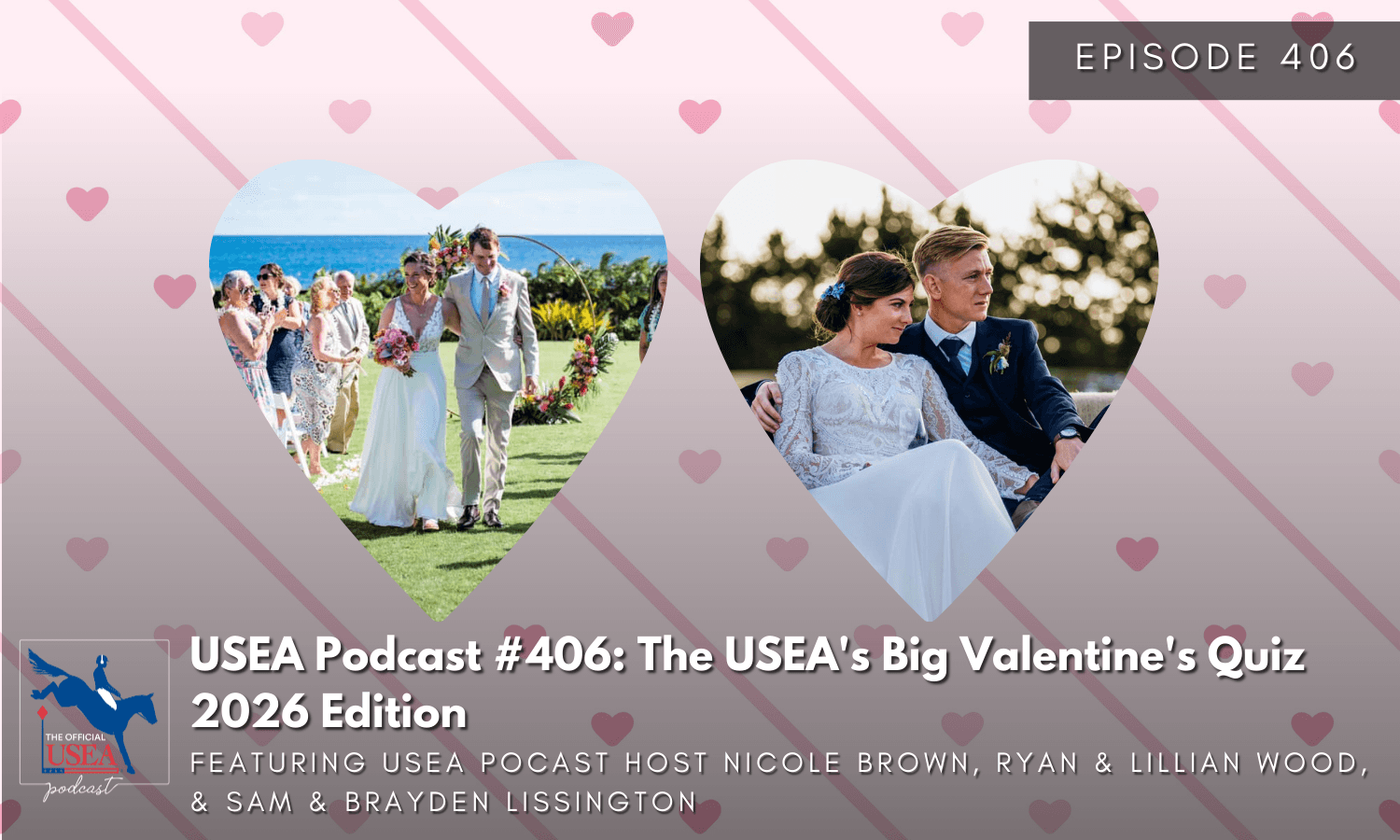Being Qualified Is Not the Same as Being Prepared

This story first appeared in the October 2022 issue of Sidelines Magazine.
I’ve been in this game a long time now and have had my fair share of ups and downs and mistakes along the way. I think that if you choose eventing as your sport, then it’s inevitable that you have some bumps in the road and moments of reflection when things don’t quite go to plan.
One thing I have learned through both my own mistakes and by watching others is that being “qualified” for a level does not mean that you are necessarily ready.
I felt compelled to write about this because I’ve noticed an overwhelming number of riders recently who have put themselves and their horses in a situation that they weren’t ready for, and the end result has often been huge disappointment, loss of confidence, injury to horse and rider or worse.
At the beginning of each season, I think it’s important to set realistic goals based on the experience of both you and your horse. Whether it’s to complete your first Preliminary or to compete in your first five-star, I think it’s important to set goals to keep you striving to be better.
The next step is to plan a schedule for preparation events to help both you and your horse be prepared for the competition that you’re aiming for. At the beginning of the year, I try to make a plan for the horses who are moving up a level, but I always say to my owners that the horses will tell us if they’re ready. This is something that I’ve stuck to now for many years and I really believe in it. By staying flexible with the plans for the less experienced horses, I think it gives you time to pay more attention to their preparation, both mentally and physically, for the next step up. Sometimes it’s easy to get so determined to compete at the next level that we forget to listen to our horses. This sport is about the partnership, so we need to keep checking in to see how they feel, too.
Another concern I have is trainers encouraging riders to move up too quickly for a level that they are perhaps not ready for. I coach a lot of students and I’m certainly one for pushing a horse and rider when they need it, but I’m also very aware that this is a dangerous, difficult sport and we should be considering more than just the qualifications. I’m quite a competitive person, so I believe that in a sport with three phases we should strive to be proficient in all three at a specific level before moving up to the next. However, in saying that, the most important thing from a safety perspective is the cross-country phase. I believe that this part of the competition should feel very comfortable and polished before deciding to take the next step up. So often I see riders who have had a bad event and experienced problems on cross-country who then move the horse up a level at the next show “because that was the plan.” Of course this move up is unsuccessful because the problems that were in place at the lower level shine through even more when the courses get harder. I, too, have been guilty of this mistake in the past, so I can speak from experience!
My advice would be to listen to your horses and be realistic in your review of past events. It’s important to be critical of your riding and your preparation, and to be honest about the good, the bad and the ugly. You might find that sometimes you have to disagree with a trainer who’s pushing you too hard, but ultimately you’re the one riding your horse and you both need to feel confident.
Being honest with yourself about the reality of a situation is sometimes the hardest thing when your goals are big, but ultimately the rewards will be greater. There’s no shame in admitting that your horse is not quite up to the level, or that you as a rider do not feel prepared.
My hope with this column is to create mindfulness for everyone in a sport that I love and believe in. Every great event horse truly enjoys eventing as much as we do, so it’s up to us to help them become their very best, even if it takes a few more competitions than planned.















